Seventy-one percent of respondents agree that the programs and services of the Department of Science and Technology (DOST) contribute to a “resilient, unified, and sustainable Philippines,” with only 14% undecided, and 6% in disagreement.
In general, seven out of 10 Filipinos, or 71 percent, are aware of science and technology in the country, according to a December 2024 Social Weather Stations (SWS) survey commissioned by DOST.
The last quarter survey also presented a 184% increase against the July 2024 survey result reporting that only 25 percent of Filipinos have heard, read, or watched any news or information about science and technology in the past month prior to the survey’s conduct.
Related to this, the same survey also finds that nearly half, or 46 percent of Filipinos believe that science and technology have a positive influence on society, with 32 percent undecided, and 14 percent believing it has a negative influence.
The percentage of Filipinos who believe science and technology positively affect society is higher among those aged 18-24 (60 percent) and college graduates (62 percent).
These findings translate to a record-high net agreement score of +71, which SWS classifies as "very strong."
DOST Secretary Renato U. Solidum, Jr. welcomed the results, expressing satisfaction with the survey’s findings.
“The survey is an affirmation of the Department’s efforts to be at the forefront of providing solutions and opening opportunities to the Filipino people through science, technology, and innovation (STI). We are committed to ensuring that the public understands how S&T benefits our society and contributes to inclusive development,” he said.
This is validated further by the result of the survey that says 88% or almost 9 out of 10 Filipino adults nationwide are aware of DOST, with 62% expressing satisfaction with the agency’s performance, 19% undecided, and 14% dissatisfied. This results in a net satisfaction rating of +47, classified as "good," which is three points lower than the +50 ("very good") recorded in July 2024.
“We at DOST appreciate our communicators in the government, academe, and the media in helping us deliver STI-related news to the public, especially during national health crises and extreme events and disasters,” Solidum added.
He also emphasized the continuing challenge of popularizing science and technology news to raise public awareness of STI efforts across the country.
In his recently televised 2024 DOST Performance Report, Secretary Solidum highlighted the Department’s key initiatives and achievements, anchored on DOST’s four strategic pillars: promoting human well-being, fostering wealth creation, reinforcing wealth protection, and institutionalizing sustainability.
Among the high-impact programs DOST focuses on are those related to economic development, food security, health and nutrition, disaster and climate resilience, environmental protection, and the development of S&T human resources.
These initiatives are consistent with the top three answers of respondents from the same survey when asked about the aspects that science and technology should focus on the most: ensuring food security (63%), improving the provision of health and nutrition intervention (57%), and enhancing STEM education and opportunity to earn (50%). These same responses topped the December 2023 survey.
To accelerate the commercialization of research products and use the S&T innovations to generate more enterprises and more jobs, Solidum said that DOST’s program PROPEL is “for technology producers so that their product research will be commercialized and be linked to investors to establish companies or improve products, et cetera.”
Launched on December 3, 2024, PROPEL consolidates 12 DOST support services, focusing on mentorship, funding, regulatory assistance, and global commercialization pathways to link local innovations with international markets. As part of this effort, DOST partnered with the Philippine Chamber of Commerce and Industry (PCCI) to establish the DOST-PCCI Technology, Business, and Innovation Hub at the PCCI Headquarters in Taguig City. This hub provides a dynamic space where the nation’s top minds in science, technology, and business can collaborate.
DOST accelerates in 2025 and beyond
The Secretary also announced the launch of Elev8 Philippines, another flagship program, which focuses on eight high-impact, big-ticket programs in various development areas needed to be strengthened. These include: (1) establishing artificial intelligence (AI) hubs to strengthen the capacity to use AI in infrastructure and industries; (2) Geospatial Analytics Solutions focusing on accurate data collection and analytics; (3) Quantum technology and computing which is a growing global trend; (4) Industry 4.0 geared towards improving manufacturing and other industries through cutting-edge technologies; (5) Smart Agriculture to boost food security; (6) Smart Technologies for sustainable urban development and improving quality of life; (7) Circular Economy to extend product life cycles and resource optimization; and (8) Biologics in the Pharma Industry to enhance health research and drug discovery and development.
For this year, Solidum said that the Department will focus on the technology transfer and commercialization of the research output of DOST, the scientific community, and the inventors.
“Aside from this, we already started our efforts of expanding our e-mobility systems and thus, we will strengthen our support for the electric vehicle (EV) industry and use of the hybrid-electric trains to revolutionize the industry, enhancing our transport systems and help generate jobs,” he added.
To conclude, he calls for support for the local innovations in the country, citing the development of other developed countries.
“Para maging maunlad ang ating bansa, kagaya ng ibang bansa, tinatangkilik nila ang innovations na ginagawa ng kanilang mga kababayan,” Solidum explained.
The SWS survey was conducted from 12-18 December 2024 with 2,160 respondents covering Metro Manila (13%), Balance Luzon (45%) Visayas (19%), and Mindanao (23%). A separate SWS survey was conducted during the same period measured public satisfaction with the Marcos Administration, where the administration received high ratings in several categories, including advancing science and technology. (By Rosemarie C. Senora, DOST-STII)
For more information, please contact:
Napoleon K. Juanillo, Jr., Ph.D.
DOST Assistant Secretary for Technology Transfer, Communications, and Commercialization
This email address is being protected from spambots. You need JavaScript enabled to view it.

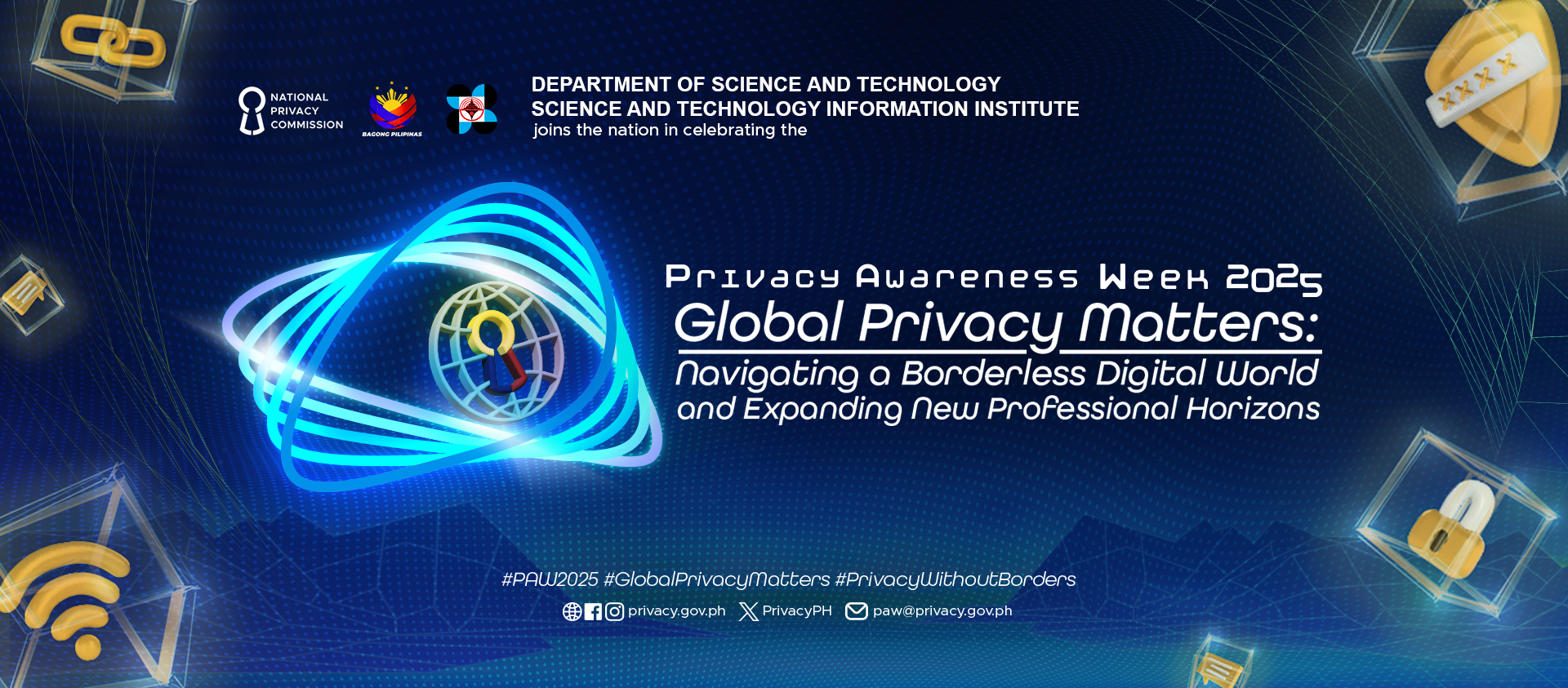
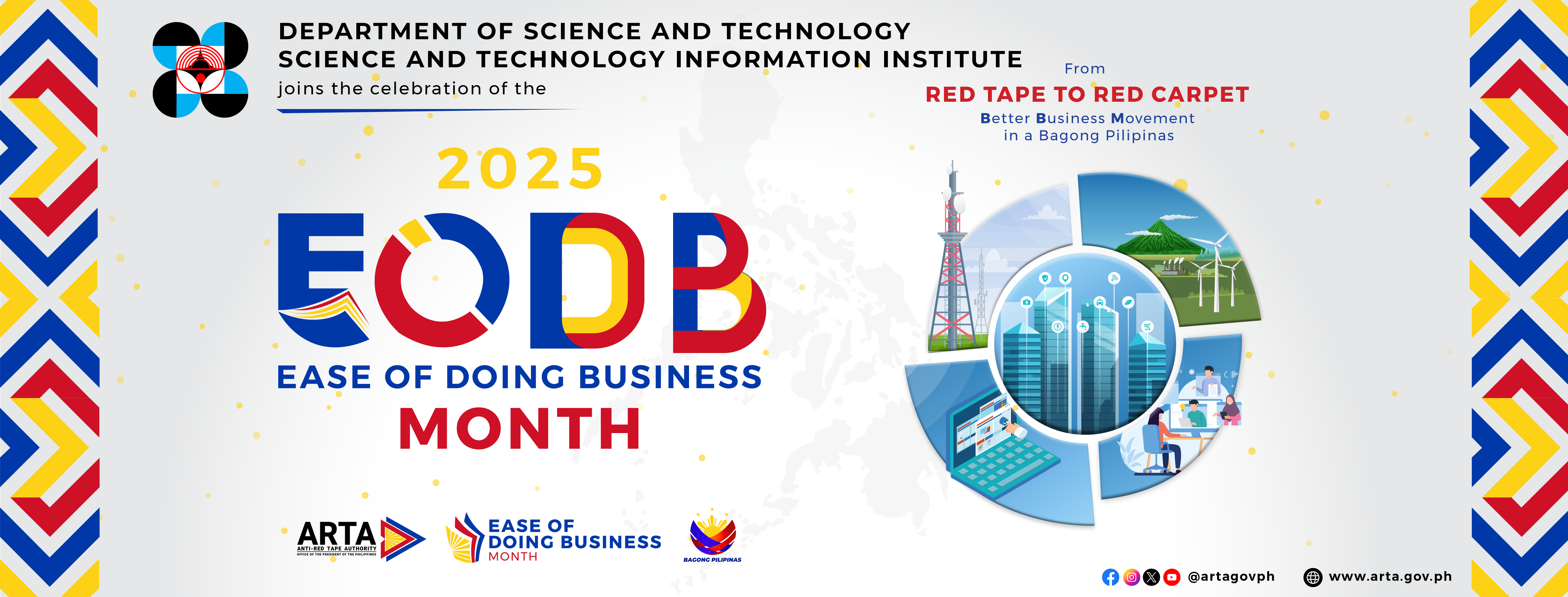
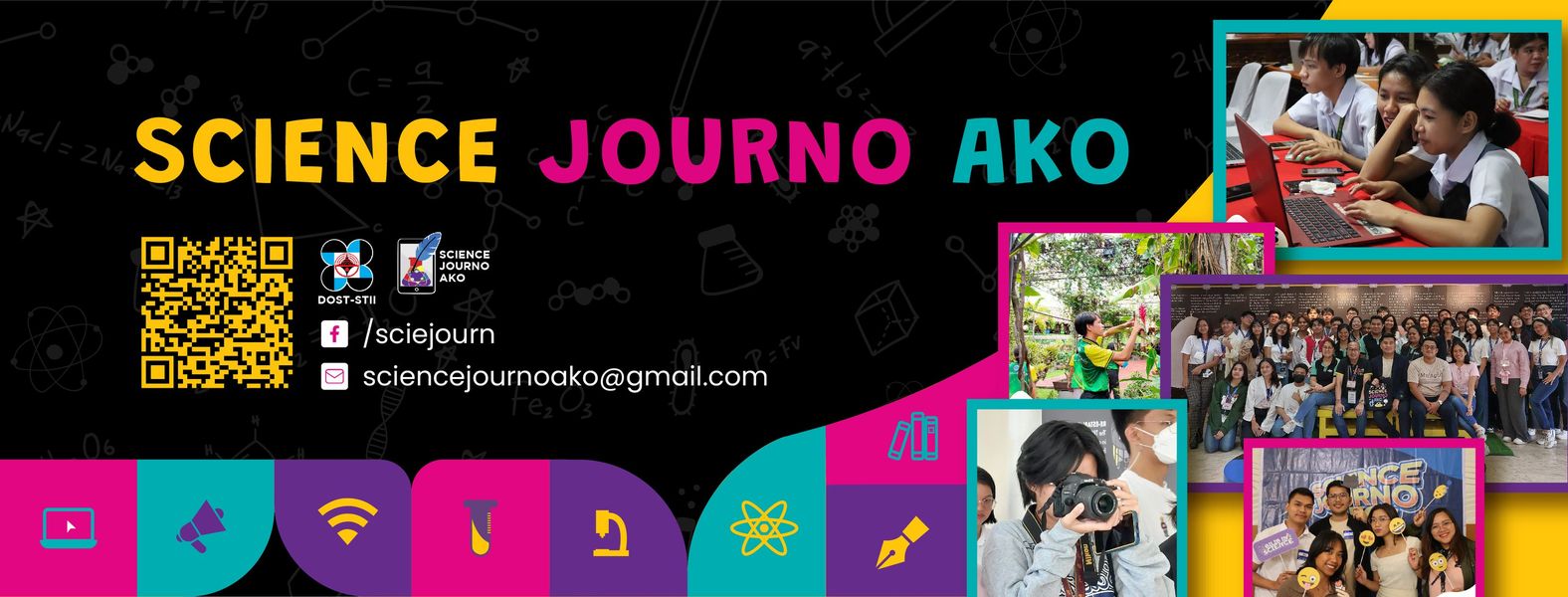
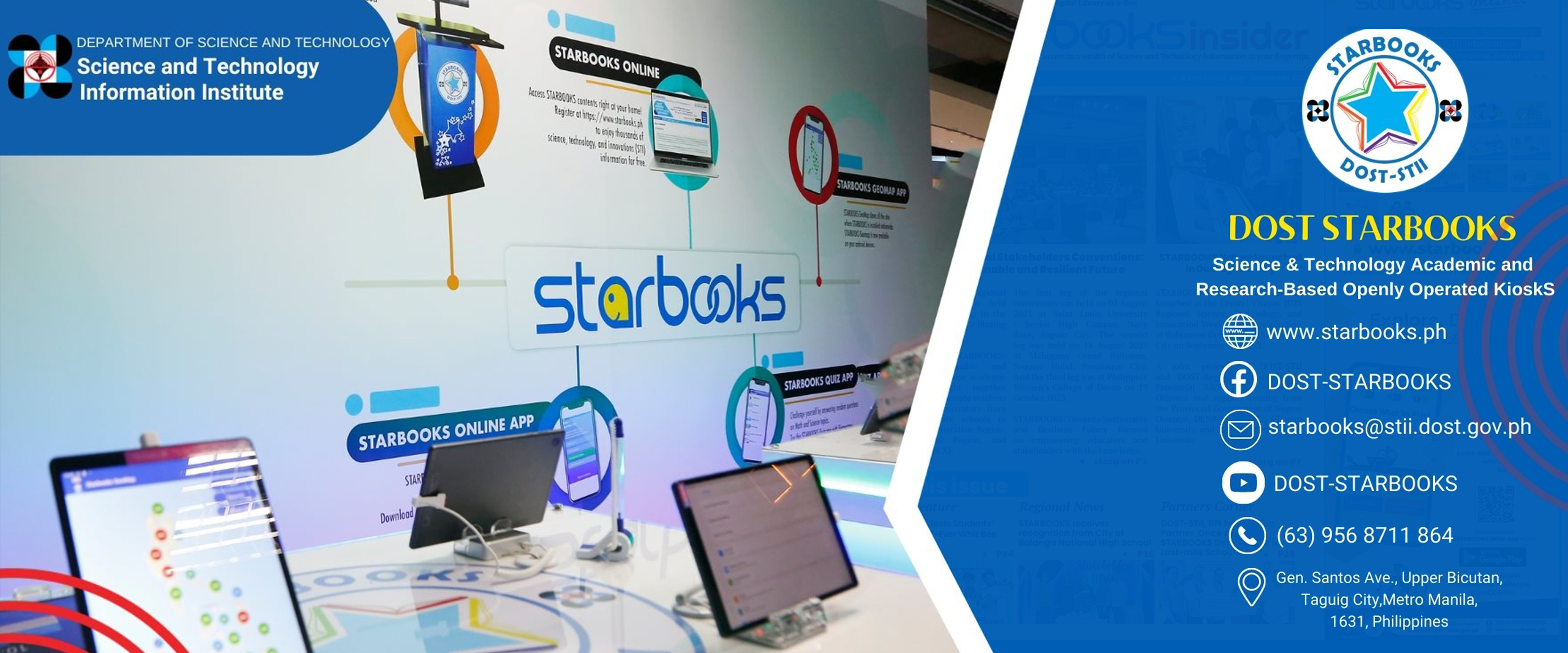
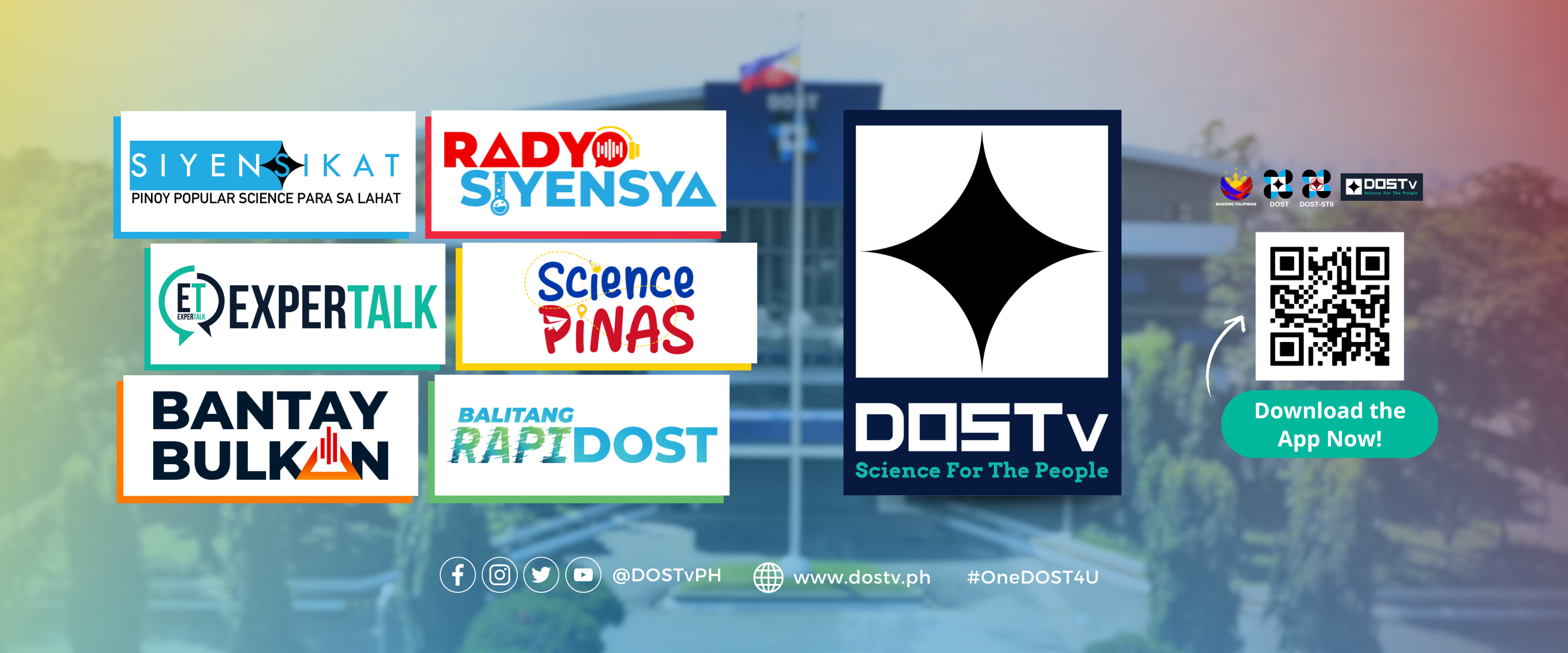

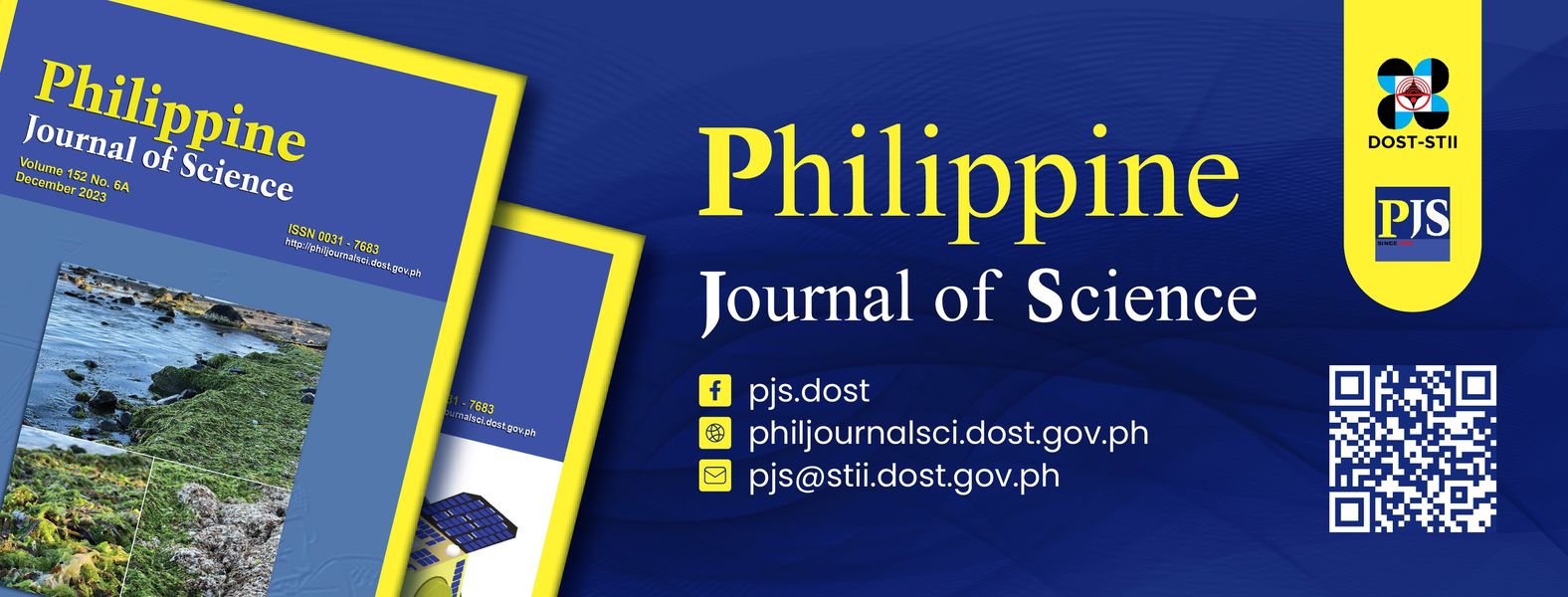




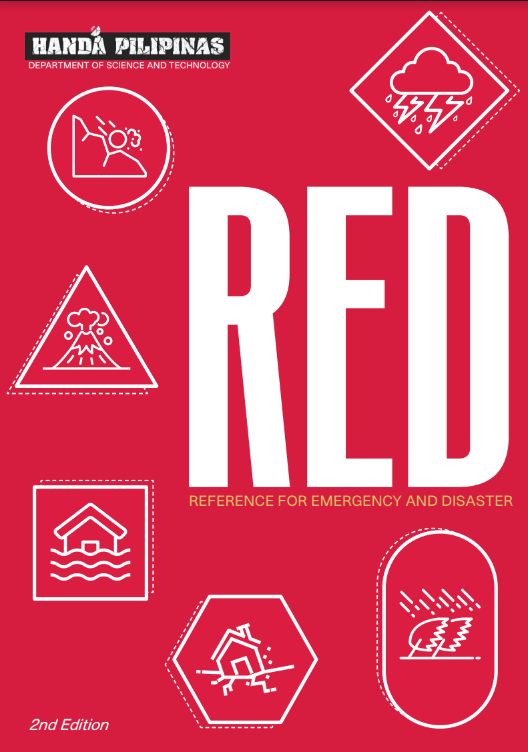





 21 in 2021 Technology Catalogue
21 in 2021 Technology Catalogue 21 in 2021 Technology Catalogue
21 in 2021 Technology Catalogue DOST Innovations - Web and Mobile Applications for Disaster Risk Reduction and Management
DOST Innovations - Web and Mobile Applications for Disaster Risk Reduction and Management